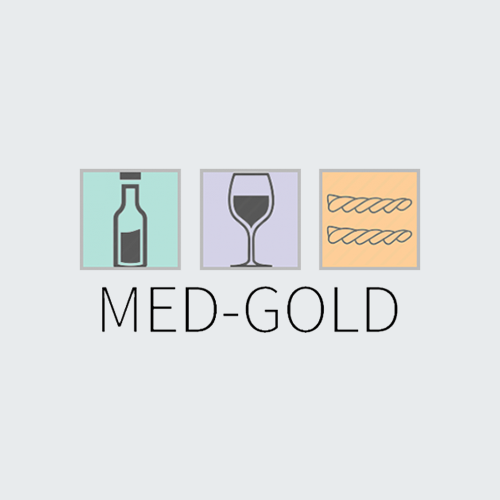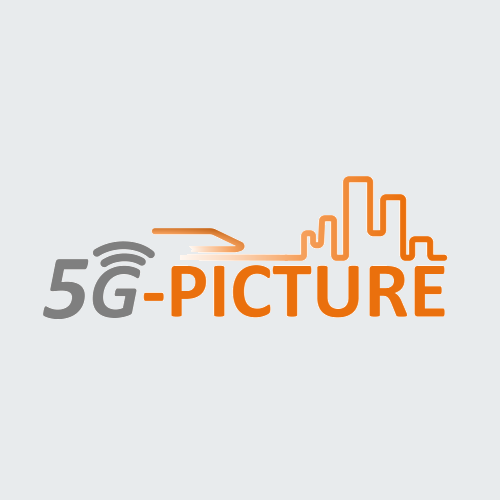The increasing demand by citizens and environmental organizations for the protection, preservation and possible restoration of the marine environment has made seawater protection one of the urgent priorities of the EU. At the same time, the Blue Growth Strategy aims to support the growth of maritime activities in a way that is compatible with environmental sustainability. The SMS project will promote the development of novel sensing devices for marine environmental protection. SMS is expected to have a major impact on marine water end-users and relevant stakeholders.
Project Objectives
Running from December 1st 2013 to August 31st 2017, SMS will deliver a novel automated networked system that will enable real-time in-situ monitoring of marine water chemical and ecological status in coastal areas by the detection of a series of contaminants. The pollutants specifically targeted by the project have been indicated as having priority for quality control of seawater. They cover a wide spectrum of regulated chemicals that have detrimental effects on the marine environment such as the algal toxins, the antifouling pesticides, flame retardants and pharmaceuticals that will be measured using innovative probes.
Commercially available sensors for measurement of temperature, pH, salinity, dissolved oxygen, nutrients and turbidity, will also be employed. They will contribute to gaining a better picture of the chemical and environmental status of the water tested and to draw conclusions about the environment in which algal species, or target analyses tend to thrive. SMS will design a multi-modular miniaturized apparatus that will host both a Sampling Module and an Analysis Module in a single unit, namely the Main Box. This apparatus will be located in buoys already existing in marine areas of Europe for continuous monitoring of the selected pollutants.
With the wireless transmission capability for real-time data, as well as remote access to collected data and remote management of biosensors, it will be possible to realize an automated water quality monitoring and alarm system that will be fairly easy to deploy. A major target of SMS is also to develop smart devices that can be produced at a lower-cost and are suitable for future industrial exploitation and manufacturing.
The consortium consists of six research institutions and four SMEs covering all the expertise and all the disciplines to reach the specific objectives. The methodology, reported in ten Work Packages, goes from the construction and assembling of the analytical devices, to their validation using reference procedures. It also comprises the sampling and preconcentration procedures as well as assembling the sensors in a compact instrument that can be easily located in the marine environment for direct insitu measurements. Analytical techniques such as optical, electrochemical and separation science as well as remote control of the data will be optimised and then recommended to public institutions and stakeholders to be used for monitoring seawater quality.
Project's website: http://www.project-sms.eu/






